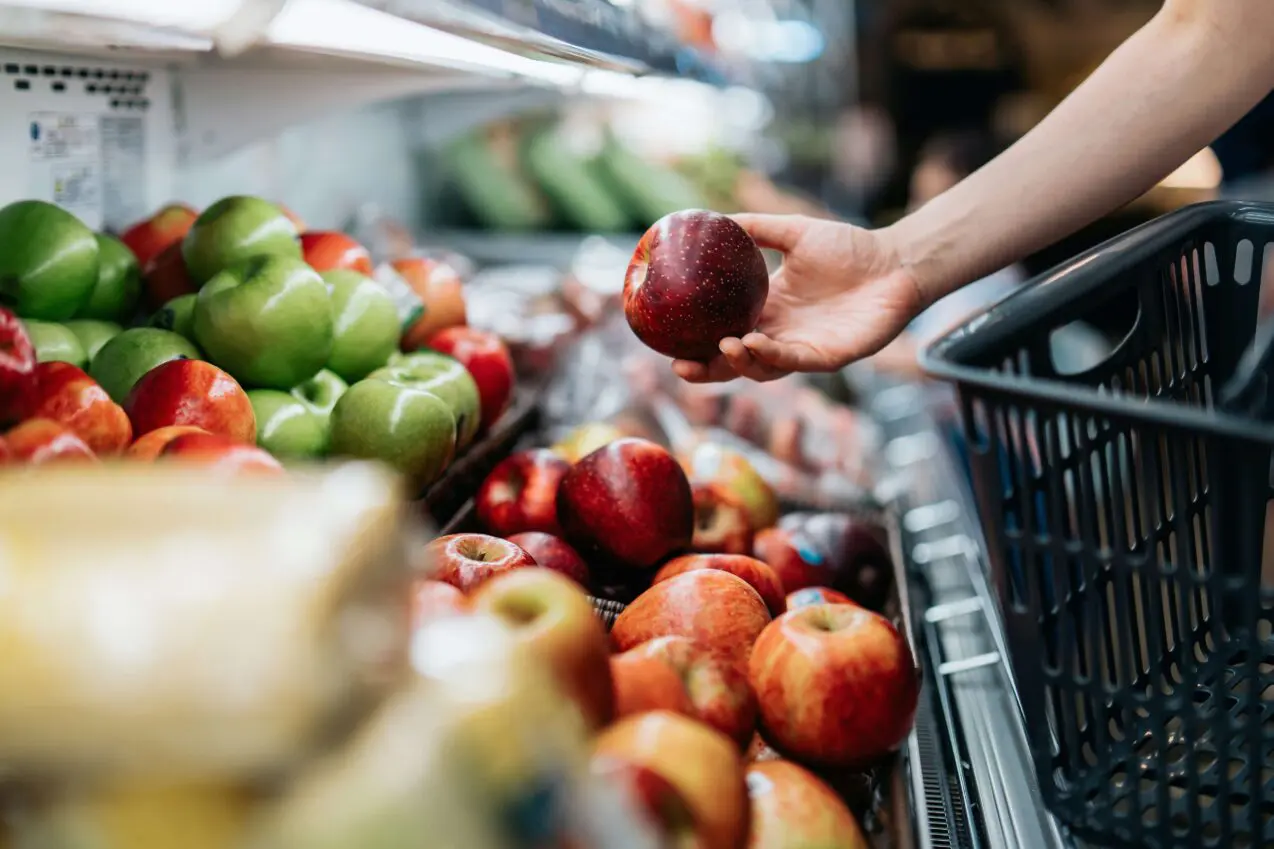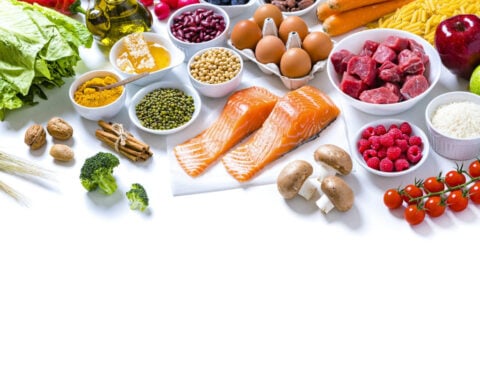As autumn brings an abundance of fresh produce to supermarkets, shoppers face a choice between conventional and typically more expensive organic options. While organic foods must meet stringent production standards, nutrition experts indicate that their higher costs may not translate to substantial health advantages over conventional alternatives.
The United States Department of Agriculture maintains strict guidelines for organic certification. These requirements mandate that certified organic produce be grown without most synthetic pesticides and herbicides. For animal products, including meat, poultry, dairy, and eggs, producers must provide animals with year-round outdoor access and avoid using growth hormones or antibiotics. Additionally, organic certification prohibits the use of genetic engineering in food production.
Sean Svette, a dietitian and director of the nutrition and dietetics program at the University of Colorado Colorado Springs, explained the price differential between organic and conventional foods. "One reason organic foods can be more expensive than their conventional counterparts is that producing them without synthetic pesticides or herbicides requires more labor," Svette said. This increased labor cost stems from practices like manual weed removal instead of using synthetic herbicides.
Research comparing the nutritional content of organic and conventional foods has yielded minimal differences in core nutrients. "With macronutrients like protein, carbohydrates and fat, there are no differences between organic and nonorganic foods," said Lizzy Davis, assistant professor of nutrition sciences at the University of Alabama at Birmingham.
While some individual studies suggest organic products might contain higher levels of certain micronutrients and antioxidants, these findings lack consistency across broader research. One study indicated organic marionberries and corn could have elevated antioxidant levels compared to conventional varieties. However, Dr. Davis noted that researchers have not demonstrated these minor variations affect overall health outcomes.
Dr. Irene Mathieu, associate professor of pediatrics at the University of Virginia School of Medicine, reinforced this point, stating that "those studies are one-offs that have not been replicated at a large scale." She emphasized that most larger analyses have not produced conclusive results.
Studies examining the long-term health impacts of organic food consumption present conflicting evidence. A 2018 study involving 70,000 adults in France found that frequent organic food consumers experienced 25% fewer cancer diagnoses than those who never ate organic food. However, an earlier study of 623,000 middle-aged women in Britain detected no difference in cancer rates between organic and conventional food consumers.
Dr. Mathieu attributed these contradictory findings to potential demographic factors, noting that people who regularly choose organic foods often maintain healthier overall diets and habits, and typically have higher incomes than conventional food consumers. These lifestyle differences make it difficult to isolate the specific health effects of organic food choices.
Consumer concerns about pesticide exposure remain prominent in discussions about conventional foods. However, experts indicate that the current evidence does not demonstrate harm from the synthetic pesticide levels present in conventional foods. The research does suggest potential health risks for farm workers who face regular exposure to high pesticide levels, including increased risks of Parkinson's disease and certain cancers.
Svette pointed out that organic certification does not guarantee pesticide-free products. "Organic foods are not completely free of pesticides and herbicides," he said, explaining that organic farmers may use non-synthetic pesticides. Similarly, while some consumers choose organic foods to avoid genetically modified organisms (GMOs), scientific evidence has not established health risks associated with GMO consumption.
For budget-conscious consumers seeking to minimize chemical exposure, the Environmental Protection Agency recommends washing and scrubbing fresh produce under running water to reduce surface chemical residues. Davis suggested removing the outer leaves of leafy greens as an additional precautionary measure.
Svette advised that consumers working within budget constraints might focus their organic purchases on the foods they consume most frequently. However, nutrition experts emphasize that maintaining a diet rich in fruits and vegetables, regardless of organic certification, remains paramount for overall health.
The evidence suggests that while organic foods offer certain environmental and labor-welfare advantages, their nutritional benefits compared to conventional options remain unclear. Experts recommend prioritizing a varied, produce-rich diet over organic certification when making dietary choices.

 China's industrial profits decline at slower pace in Nov
China's industrial profits decline at slower pace in Nov
 China's BYD offers year-end discounts of up to 11.5%
China's BYD offers year-end discounts of up to 11.5%
 Oil prices set for weekly gain on China stimulus optimism
Oil prices set for weekly gain on China stimulus optimism
 Canada ministers to meet Trump aides in Florida over tariff risks
Canada ministers to meet Trump aides in Florida over tariff risks
 Sirianni and Ertz cleared the air after exchanging words following Washington's win over the Eagles
Sirianni and Ertz cleared the air after exchanging words following Washington's win over the Eagles
 Tucker Gleason runs and passes for 5 OT scores as Toledo beats Pitt 48-46 in bowl-record 6 overtimes
Tucker Gleason runs and passes for 5 OT scores as Toledo beats Pitt 48-46 in bowl-record 6 overtimes
 Why Nefertiti still inspires, 3,300 years after she reigned
Why Nefertiti still inspires, 3,300 years after she reigned
 Discover what experts say about nutritional differences, pesticide exposure, and potential health benefits of non-organic food.
Discover what experts say about nutritional differences, pesticide exposure, and potential health benefits of non-organic food.






